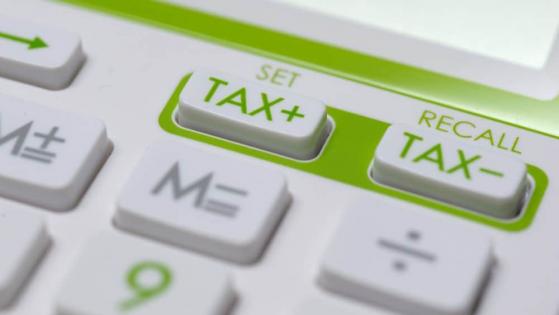Did you know that your Tax-Free Savings Account (TFSA) can be taxed?
It’s not something that’s likely to happen, but it can happen.
If you run afoul of the TFSA’s rules, you can find your tax-exemption negated. After that happens, you can end up with a hefty tax bill from the Canada Revenue Agency. Obviously, that’s not something you want to have happen to you. So, in this article, I’ll review the three ways that your TFSA can be taxed — and how to counter them.
Day trading Day trading in a TFSA can increase your risk of being taxed. It’s not that day trading in itself is against the rules; it’s that it increases the likelihood of the CRA classifying your trading as a business. If you make millions of dollars trading options from your bedroom 16 hours a day, the CRA is likely to consider your trading to be a business activity. If the CRA classes you as a business, then you’ll be taxed accordingly. This has already happened to many Canadians, and it could happen to you. So, try to keep your holding periods longer than a day — especially if you’re reaping huge profits. You never know when the CRA will call you up and ask about your suspiciously professional-looking returns.
Holding ineligible investments Another thing that could get you dinged by the CRA is holding ineligible investments in a TFSA. TFSAs were meant to hold cash and publicly traded securities. If you try to put something other than that in one, you could get taxed. Examples of ineligible investments include
- Shares in businesses you’re majority owner of;
- Shares in businesses you run; and
- Land.
Overcontributing Last but not least, there’s overcontributing.
If you contribute more than you’re allowed to, then your TFSA will be taxed on the overcontributed amount. The amount is 1% every month. So, if you overcontribute by $10,000, you’ll have to pay $1,000 in taxes in the first month your account is above its contribution limit.
This one is pretty easy to remedy.
Just withdraw the funds that were in excess of your contribution limit. That seems simple enough, but remember that once you’ve overcontributed, you can’t get the tax back. So, be wary of overcontributing. It’s an easy way to negate the tax-saving benefits of your TFSA.
The post TFSAs: 3 Ways You Can Be Taxed! appeared first on The Motley Fool Canada.
Fool contributor Andrew Button owns shares of iSHARES SP TSX 60 INDEX FUND. The Motley Fool has no position in any of the stocks mentioned.
This Article Was First Published on The Motley Fool
